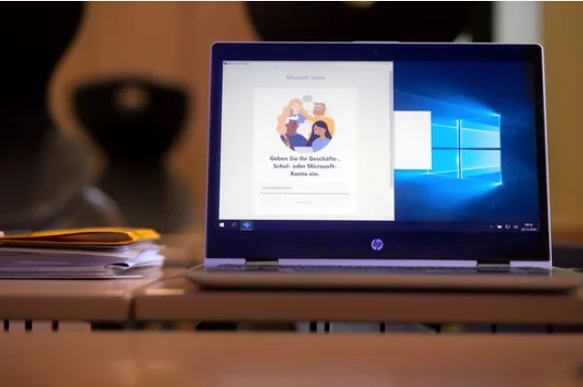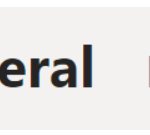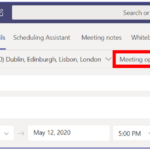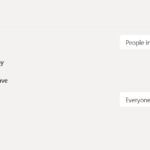
A Guest User in Teams is someone from an external ‘non-NHSmail’ organisation who has been given access to collaborate as a member of a team.
Any user can participate as a guest in Teams with full access to team conversations, channels, meetings and files.
Adding guest
 External guests can only be added by using their full email addresses, they will not appear in the organisation people finder. Add a guest in the same way you would any other member; select more options and add member.
External guests can only be added by using their full email addresses, they will not appear in the organisation people finder. Add a guest in the same way you would any other member; select more options and add member.
When adding a guest, you will have an option to change their display name from the default ‘First-name Surname (Guest)’ via the edit guest information pin and selecting the tick.
 Once you Add the guest, they will receive an email informing them of having been added to the team.
Once you Add the guest, they will receive an email informing them of having been added to the team.
 The number of guests in a team is displayed to the right of each channel and are assigned the role of guests in a team making them easily identifiable from the members list access from Manage team
The number of guests in a team is displayed to the right of each channel and are assigned the role of guests in a team making them easily identifiable from the members list access from Manage team
 Guest do not need to have an Office 365 account; they are able to access Teams from a web browser or can download the free app from the Microsoft website.
Guest do not need to have an Office 365 account; they are able to access Teams from a web browser or can download the free app from the Microsoft website.
Guest permissions
Guest access allows teams in your organisation to collaborate with people outside your organisation by granting them access to existing teams and channels in Teams. Note:
- Approved guest users from external organisations can collaborate in Teams with full access to chats, meetings, and files.
- Guests in a team have reduced functionality which is set and cannot be changed.
- File access for guests can also be configured at an admin level.
 Team owners can also configure some guest permissions from the Manage team option.
Team owners can also configure some guest permissions from the Manage team option.
From the Guest permissions heading accessed in settings team owners can:
- Allow guests to create and update channels
- Allow guests to delete channels
Access as a guest
Top tips
- Guests can’t access Teams meeting recordings. If you want them to have access you will need to as the person who recorded the meeting to download it and share with external attendees.
- Meeting notes are only visible for staff within your organisation, guests will not be able to see these.
Accessing Teams
Guests can access the team they’re a member of by clicking the link in the email they receive. This will load Teams in the web browser.
They can download Teams and sign in with their email address and password for ease of access but this is not a requirement.
Access to meetings
 Once a meeting has been created you can access meeting options from within the meeting details in the calendar space.
Once a meeting has been created you can access meeting options from within the meeting details in the calendar space.
If creating a meeting in Outlook, you can access meeting options whilst scheduling the meeting.
Meeting options allows you to set the following:
- Whether guests can enter a meeting without approval
- Announce when anyone dialling into the meeting joins or leaves
- Who can share their screen in a meeting
Guest functionality
Once you add a guest to a team, they have full access to all of the messages within that team from the point that it was set up. They can also view, edit and add files to the files tab.
Guests cannot:
- Add members to a team
- Be made team owners
- Share files in chat
- Add tabs
- Search for other teams within the organisation
- Navigate to SharePoint from a team site
- Create Teams meetings in the tenancy
- Access meeting recordings
- Access Meeting Notes
- Upload files in a 1 to 1 chat
| Last Reviewed Date | 29/04/2022 |


